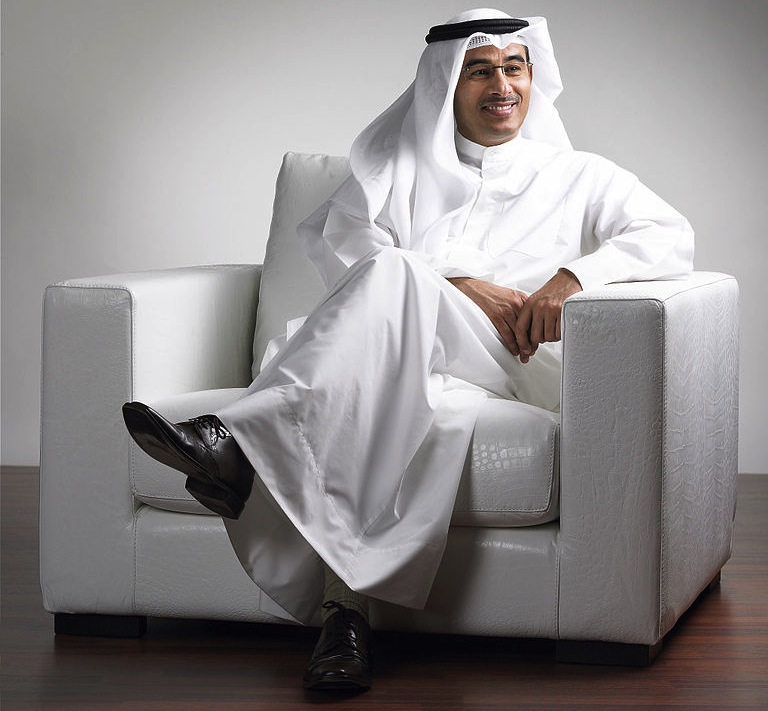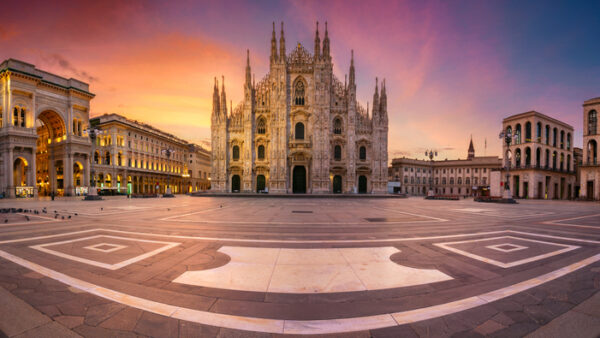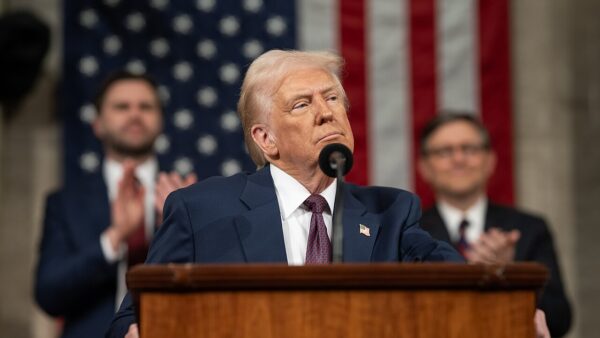The government of Egypt has denied reports that its plans to build an $80bn administrative capital to the east of Cairo have unravelled.Â
The 700-sq-km city, which was announced in February, is to be developed by Capital City Partners (CCP), a property investment fund established for the purpose by Mohamed Alabbar, an Emirati businessman and founder of Burj Khalifa developer, Emaar Properties.
The unavailability of trained Egyptian labour and the incapability of the Egyptian factories to provide the construction raw materials of iron and cement, as the factories do not work with its full capacity, will be an obstacle in Alabbar’s way in implementing the project– Seventh Day
It was reported last week that the Egyptian government had terminated its memorandum of understanding with CCP after a dispute with Alabbar over the project’s funding and ownership of the finished development.Â
But Mostafa Madbouly, Egypt’s housing minister, told Egyptian newspaper The Seventh Day that negotiations were on track and would be finalised soon.Â
A source close to the negotiations told Seventh Day that Alabbar and the Egyptian government “are still negotiating the funds to be pumped by each side in the first phase of the project. It’s expected to take around seven years with a total cost estimated at 6bn Egyptian pounds [$780m].”
The New Urban Communities Authority, which is overseeing a number of new towns in Egypt, yesterday adopted a $4.3bn budget for the current fiscal year, of which $650m has been set aside for the new capital.
Reports of differences between Alabbar and the Egyptian government surfaced at the beginning of June, when Mabdouly told Reuters on the sidelines of a business conference in Cairo that negotiations were “very sensitive” and had “very many complications”.Â
And when asked about reports that Alabbar did not want the government to have a 24% share in the project, Madbouly told Al Arabiya: “The memorandum of understanding includes this issue. This is what was signed, and we cannot change anything in it. All the talk is just speculation, but until now we are still in the negotiation stage.”
Another reported disagreement concerns the source of the financing, with CCP pushing for domestic banks to provide the bulk of the finance, and the government preferring to reserve that capital for the purchase of government debt.Â
Obstacles
The UAE and its Gulf neighbours Saudi Arabia, Kuwait and Oman have together pledged $12.5bn to support Egypt’s ambitious, construction-led development plans.
Alabbar himself is a key figure in Dubai’s business and political establishment. He was founding director general of Dubai’s Department of Economic Development, and a chief economic advisor to Dubai’s ruler, Sheikh Mohammed bin Rashid Al Maktoum.Â
In 1997 he founded Emaar Properties, the firm behind Dubai’s Burj Khalifa and King Abdullah Economic City in Saudi Arabia. As big as these projects are, they would be dwarfed by the still unnamed Egyptian city.

Mohamed Alabbar, founder of Burj Khalifa developer Emaar Properties, is a key figure in Dubai’s business and political establishment (LConstantino/Wikimedia Commons)
According to Seventh Day, its source said Alabbar has expressed concern over the government’s delay in passing an investment law that lays down guarantees for deals signed with the Egyptian state, and which offers incentives for labour-intensive projects that reduce unemployment, a key aim of the scheme.
The source told Seventh Day: “The unavailability of trained Egyptian labour and the incapability of the Egyptian factories to provide the construction raw materials of iron and cement, as the factories do not work with its full capacity, will be an obstacle in Alabbar’s way in implementing the project.”Â
Confidence
Despite these concerns, however, there are signs of optimism in the Egyptian property market. On 5 July Emaar’s Egyptian subsidiary, Emaar Misr, listed on the Egyptian stock exchange, selling 600 million shares and raising $300m.Â
The issue sold to Egyptian buyers was oversubscribed by a factor of 36, and the portion sold to institutional investors was oversubscribed 11 times, reflecting the financial community’s confidence in the Arab world’s most populous nation.Â
On 14 March, Madbouly signed an agreement with CCP to establish the administrative capital roughly halfway between Cairo and the Suez Canal. The deal concluded during the Egypt Economic Development Conference, held in the Red Sea resort of Sharm el Sheikh.
According to the developers it will have 21 residential districts housing 5 million residents, with 663 hospitals and clinics, 1,250 mosques and churches, and 1.1 million homes.
The cost of the city was put at $80bn when plans were announced in March. In the first phase, $45bn is expected to be spent on building facilities for the Egyptian parliament, presidential palaces, government ministries and foreign embassies. These are expected to move over the next five to seven years. However, Alabbar has suggested that the total cost may be as high as $300bn.
Madbouly said that the project would be accomplished within five to seven years, and that it “aims mainly to alleviate congestion, urban crowding and overpopulation in Cairo”.
Comments
Comments are closed.







Its good to see Egypt getting back on its feet and showing confidence in the construction markets. Well done.